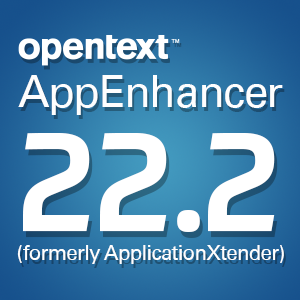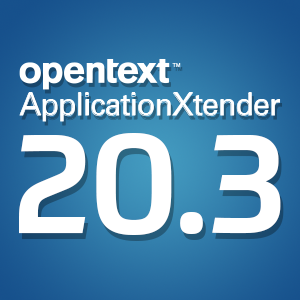Electronic conversion of medical records expected to rapidly increase in 2013
Thursday, January 17, 2013Electronic document management of medical records is on the rise, and recent studies have demonstrated that intelligent capture capabilities offer opportunities for enhanced patient care.
According to U.S. News & World Report, more than two-thirds of family physicians now use electronic medical records (EMRs). Researchers predict that 80 percent of primary care doctors will do so this year, due largely to incentives promised by The Obama Administration.
A major benefit to converting to electronic records is that it improves the accuracy of medical decisions. Dr. Michael Oppenheim, vice president and chief medical information officer for North Shore Long Island Jewish Health System, told U.S. News & World Report that in cases where a primary physician is unable to treat a patient, another doctor may access files more easily, improving their ability to provide efficient, informed care. Additionally, electronic records eliminate the chance of misreading handwriting, which is crucial to reducing the risk for error. Since the conversion process can be complex, Oppenheim explained, organizations may consider outsourcing for conversion services.
Deeper research capabilities
The ability to mine patient histories for meaningful research is another particularly significant advantage to adopting an electronic document management. The New York Times reported that EMRs improve analytic capabilities. As a result, doctors can more closely monitor the patient journey and improve treatment programs without the need for costly clinical trials. Scientists can also minimize the continually escalating costs of research to look for medical patterns and test theories. Nicholas Tatonetti, an assistant professor of biomedical informatics at Columbia, told The New York Times that along with other researchers with access to EMRs, he can now begin to filter information in these databases to come to meaningful conclusions far more efficiently. Elizabeth McGlynn, director of the Kaiser Permanente Center for Effectiveness and Safety Research, elaborated on this in her interview with the news source.
“That’s a remarkably rare opportunity to look at a population that has many other health issues going on,” she said, “The sheer volume and the richness of the data will enable us to have insights that are beyond anything we could have had any other way.”
As medical providers look to improve patient care qualityand decision-making regarding treatment, an electronic document management system can help to boost productivity and aid in researching medical histories for valuable conclusions.
Brought to you by Image One Corporation providing complete information governance since 1994.




